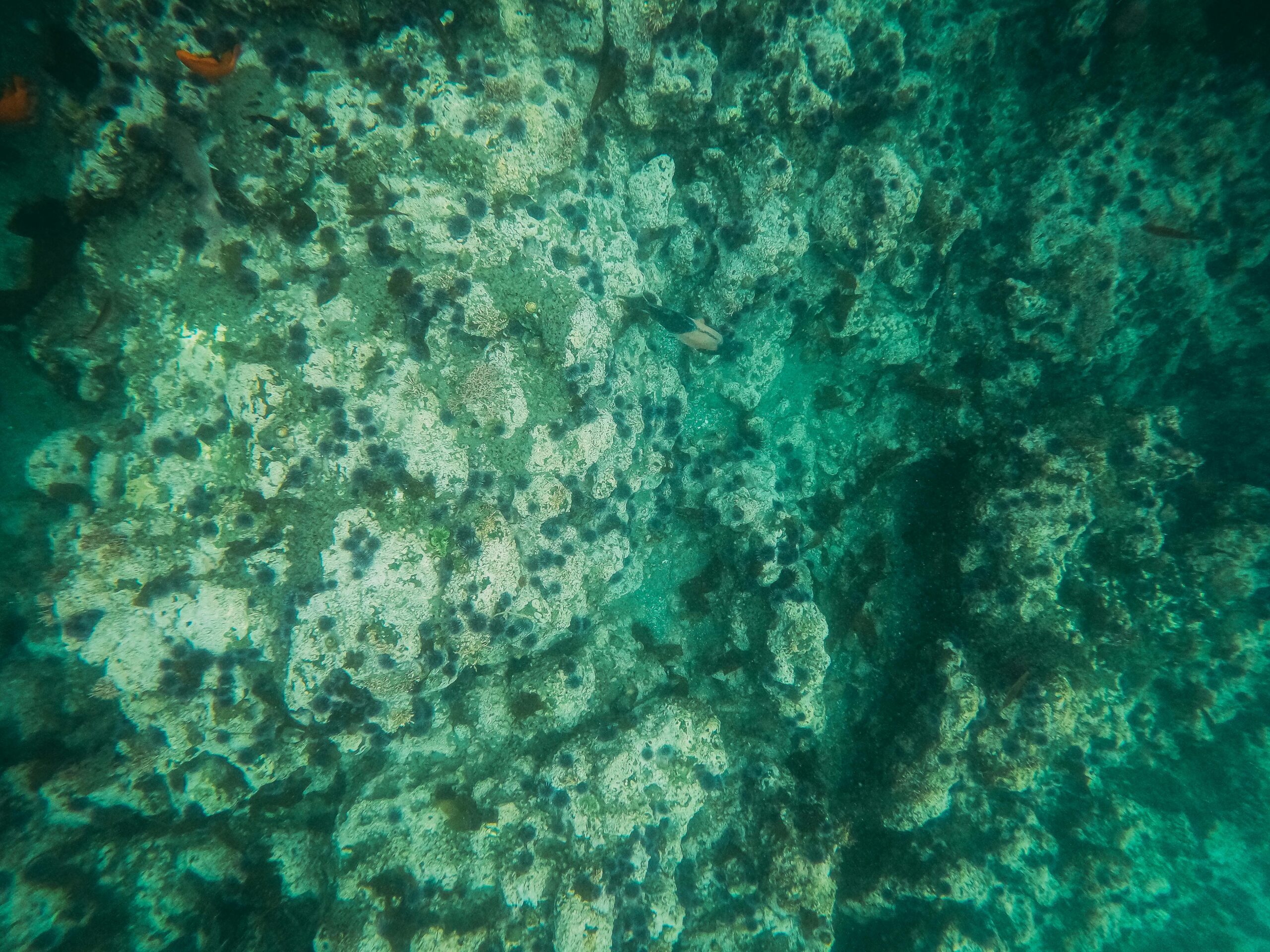Former president Donald Trump signed an executive order aimed at facilitating mining activities on the deep ocean floor, stating that it would strengthen the domestic supply of critical minerals.
Currently, no commercial-scale deep-sea mining operations exist worldwide. However, companies have long viewed the ocean floor as a potential source of metals such as nickel, cobalt, manganese, and copper, which are essential for electric vehicle batteries and other technologies.
These minerals are found mainly in potato-sized nodules scattered across the ocean floor, particularly in areas of the Pacific Ocean located beyond the jurisdiction of individual countries.
The executive order may influence ongoing international negotiations focused on establishing regulations for deep-sea mining. These regions have traditionally been overseen by an international authority, although the United States has not ratified the treaty governing these areas and does not hold voting rights within that body. Previous U.S. administrations had nonetheless shown support for the process.
The directive instructs federal agencies to expedite the review and issuance of permits for seabed mining in both U.S. and international waters, based on a domestic law enacted in 1980.
Some scientists and environmental organizations have raised concerns, warning that mining operations could disrupt fragile marine ecosystems and negatively impact the fishing industry. Experts point out that underwater mining can produce sediment plumes that may harm marine life and food webs.
Additionally, some researchers question whether seabed mining is necessary to meet the demand for minerals, noting that technological advances have led to the development of battery chemistries that require fewer amounts of metals like cobalt and nickel.
A mining company announced its intention to apply for an exploration permit under the new order. Following the executive order’s announcement, the company’s stock value saw a significant increase.







